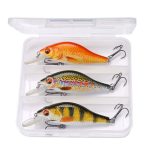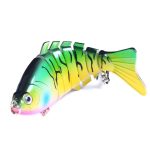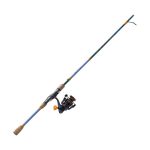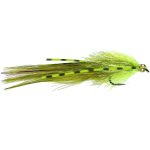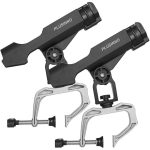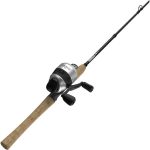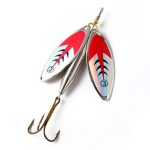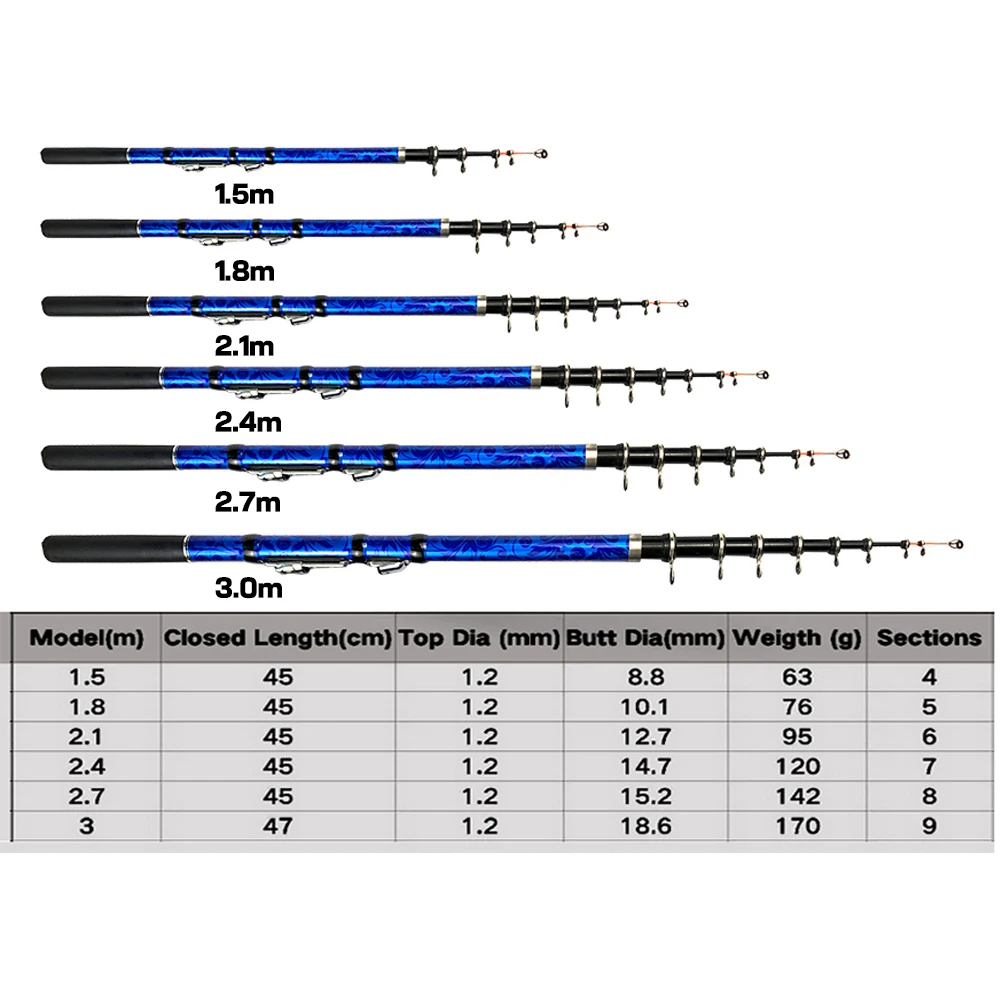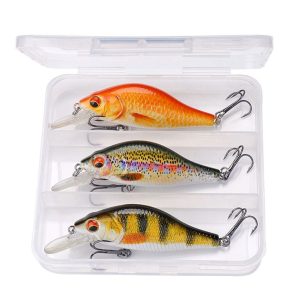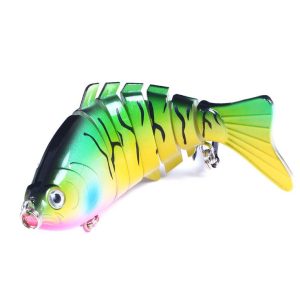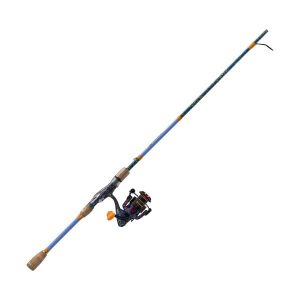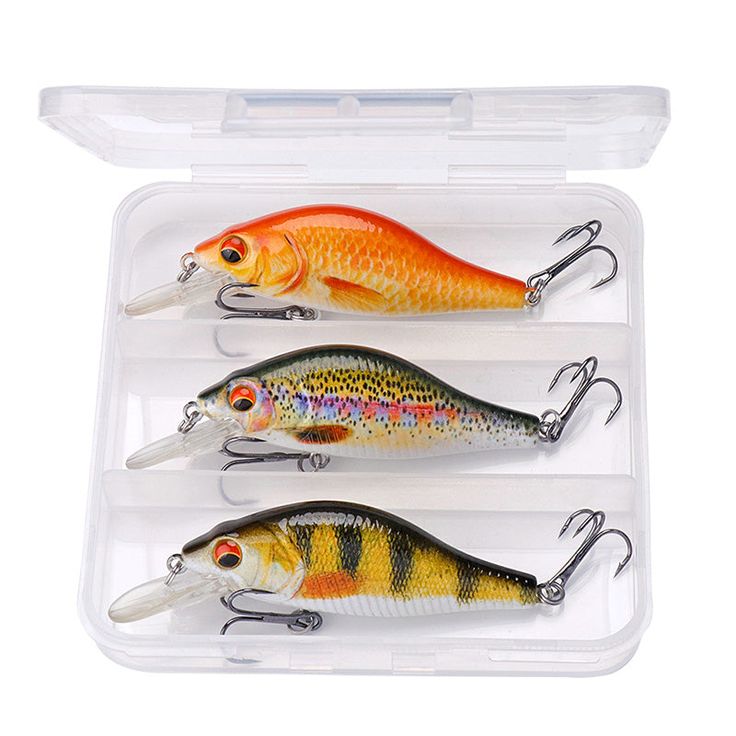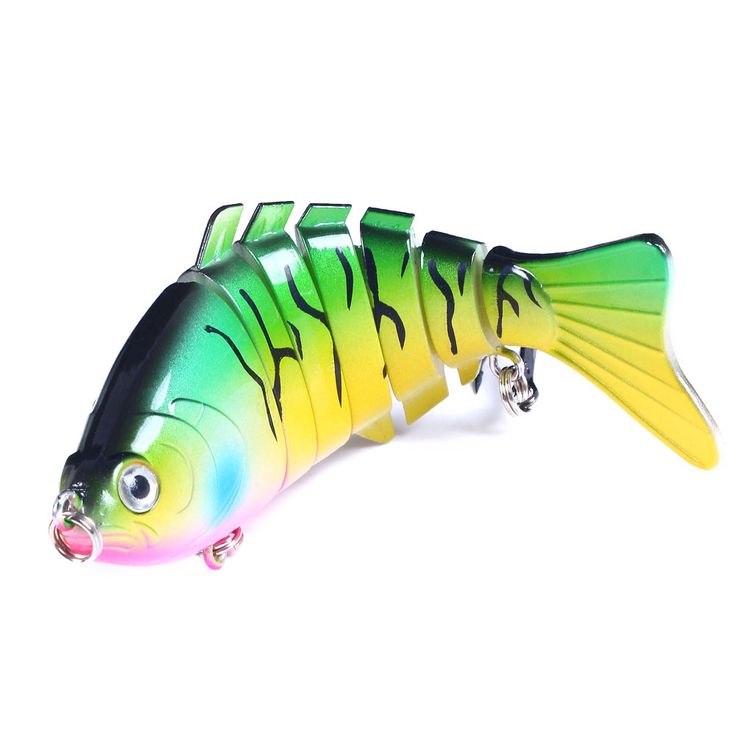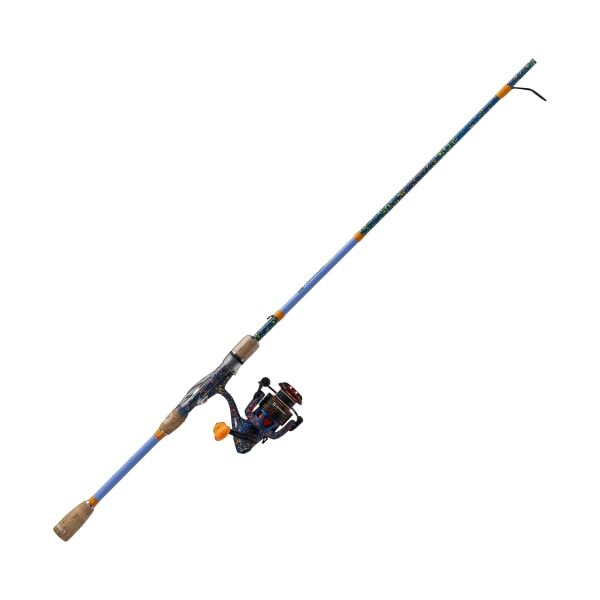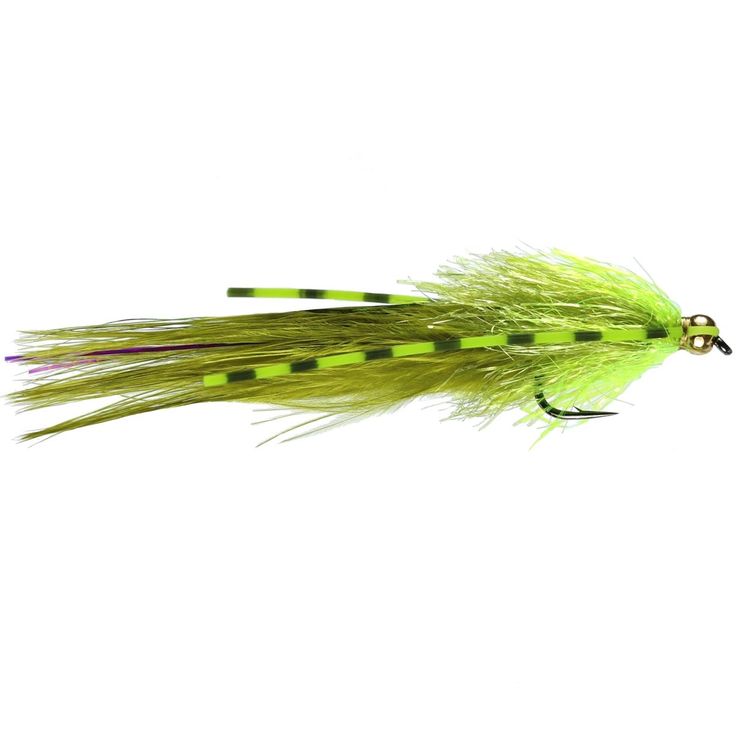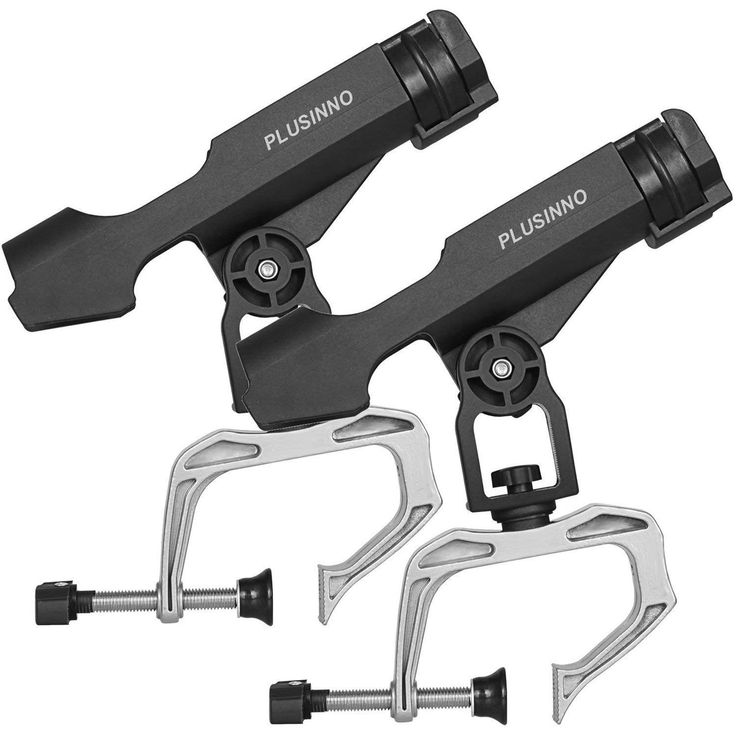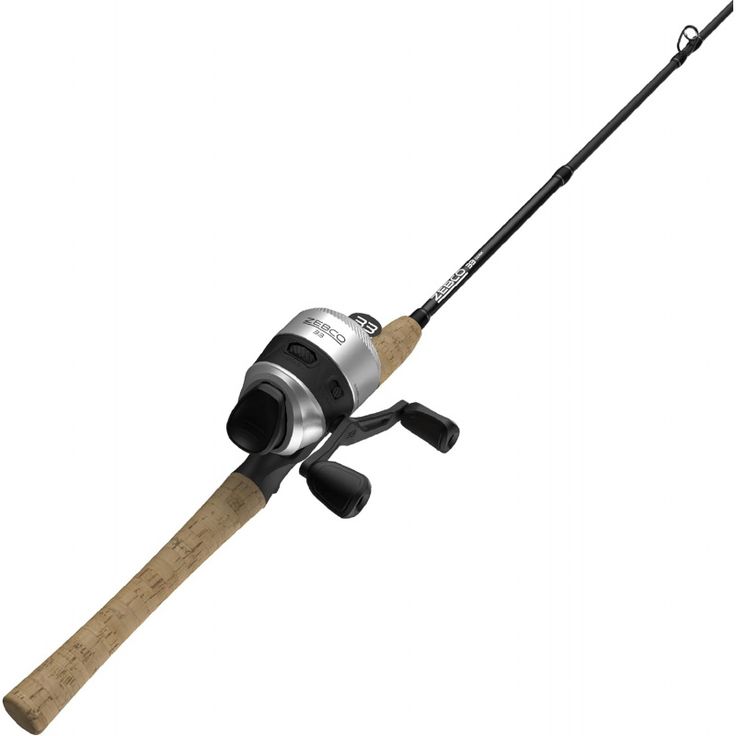Selecting the appropriate fishing rod size can significantly enhance your fishing experience. It’s essential to understand various aspects, such as the type of fishing you’ll be doing and the species you aim to catch. Fishing rods come in different lengths, actions, and power ratings, and these factors can dictate your success. Additionally, considering your own stature and experience level plays a role in how effective you’ll be on the water.
What is Rod Size?
When discussing fishing rods, size primarily refers to the length of the rod. The length can influence casting distance, control, and sensitivity. Generally, shorter rods allow for more accurate short casts, while longer rods facilitate longer casts. However, the right length depends on several factors, including the fishing technique used and the type of environment.
Short Rods for Precision
Shorter rods typically range from 5 to 7 feet. They are designed for situations where accuracy matters more than distance. Within dense cover, such as overhanging trees or thick brush, short rods excel. Their compact design allows you to make quick turns and adjust your angle easily.
Moreover, if you’re using fishing styles like jigging, a shorter rod can help maintain better control over the lure. The responsiveness of shorter rods enables anglers to feel subtle bites. Therefore, they often pair well with heavy cover fishing tactics, increasing your successful catch rate.
Long Rods for Distance
On the other hand, longer rods often range from 7 to 12 feet, and they are perfect for casting longer distances. They provide better leverage when fighting larger fish, making it easier to reel them in. Long rods excel in surf fishing or scenarios where you need to throw your bait far into the water.
However, keep in mind that longer rods can be trickier to handle. They require more effort to maneuver, especially for beginners who may lack the experience. Handling a longer rod also requires more space, so crowded fishing areas may present challenges. It’s critical to weigh the pros and cons before deciding.
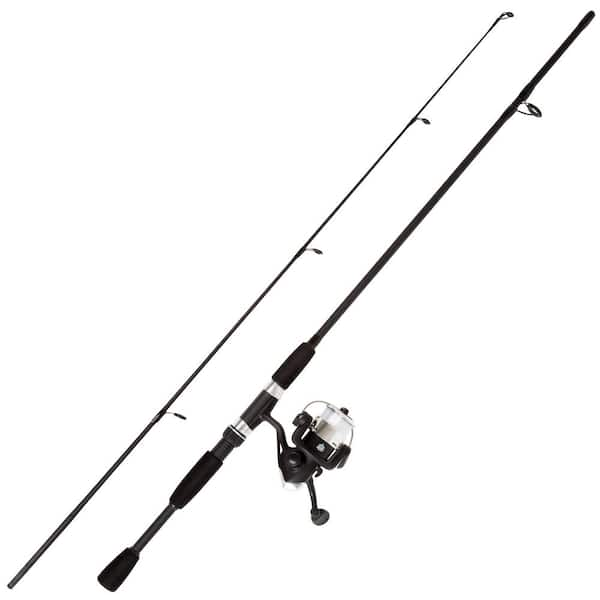
Rod Action and Power
Rod action refers to how much of the rod bends when pressure is applied. Similarly, rod power indicates the rod’s strength and its ability to handle different fish sizes. Understanding these characteristics will help you make further informed decisions.
Choosing the Right Action
Rod action generally falls into three categories: slow, medium, and fast. A slow-action rod bends from the tip to the midsection, while a fast-action rod bends only at the tip. Medium action strikes a balance between the two.
Slow-action rods are beneficial for lighter lures and offer more forgiving properties, making them ideal for novice anglers. They provide excellent casting control while absorbing shock. In contrast, fast-action rods respond quickly, allowing for better sensitivity in quickly detecting bites.
Understanding Power Ratings
Rods also come with various power ratings, indicating their strength. Ratings usually range from ultralight to heavy. Ultralight rods can handle small fish species, while heavy rods are meant for larger, stronger fish.
Choosing the right power for your fishing needs is crucial. A power rating that is too heavy might result in lost catches, as you won’t feel the bites properly. Conversely, an underpowered rod may break when you hook a sizeable fish. Therefore, it’s important to think about the size of the fish you want to catch.
Different Fishing Techniques
The fishing technique you plan to use greatly influences your rod size selection. Various methods, such as baitcasting and spin fishing, require different rod characteristics. It’s essential to consider which technique aligns with your preferences and skill set.
Baitcasting vs. Spinning
Baitcasting rods are typically shorter and stiffer. They offer superior control, crucial for anglers who utilize heavier lines and larger lures. These rods can be beneficial for targeting large species, such as bass or pike.
However, they may not be the best choice for beginners. The learning curve can be steep, as they require precise casting techniques. Therefore, consider your skill level before opting for this style of rod.
Fly Fishing Rods
On the other hand, fly fishing rods can range significantly in length. Most often, they fall within the 8 to 10-foot range. This allows for better line control and longer casts, which are necessary for effectively catching fish.
Fly rods are typically more flexible, providing the action needed for casting lightweight flies. A longer rod can significantly enhance your ability to throw the fly farther, increasing your chances of making a successful catch. Thus, the rod size you choose in fly fishing plays a crucial role.
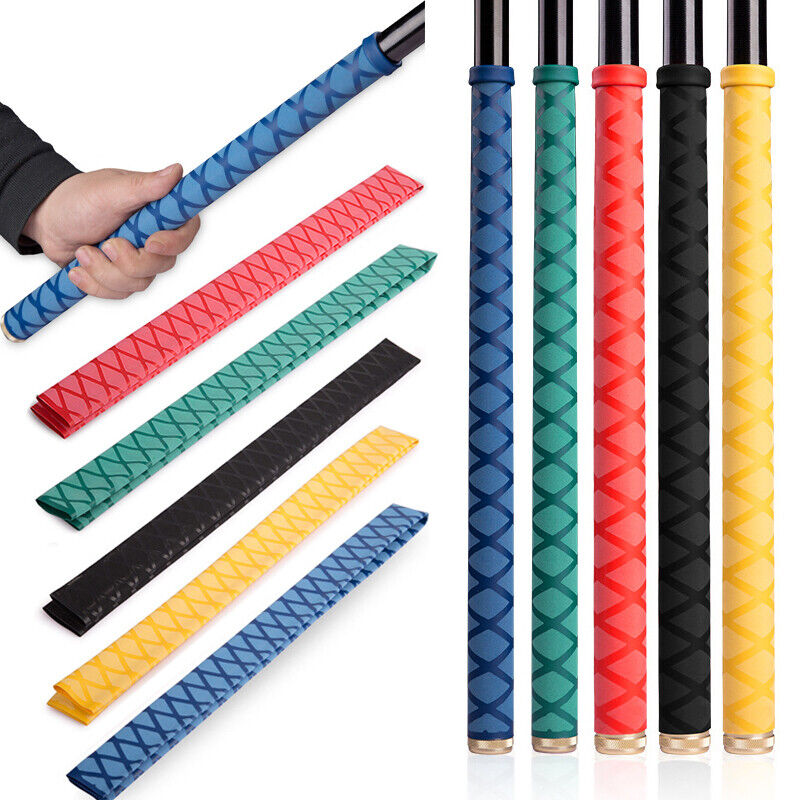
Environmental Considerations
The environment in which you’ll be fishing can also influence your rod size decisions. Factors such as wind, terrain, and water depth can affect your casting abilities and the species of fish available. Therefore, it is crucial to consider these elements.
Fishing in the Surf
When fishing from the shore or in surf conditions, longer rods are often favored. They help cast baits over waves and sandbars while providing better control in turbulent waters. Typically, surf rods range from 9 to 12 feet, ensuring you can project your bait far enough from the beach or jetty.
When selecting a surf rod, ensure it is robust enough to handle larger species. The waves and currents can create additional stress, so you want a rod that offers durability.
Fishing in Lakes or Ponds
In lakes or ponds, shorter rods usually suffice. Often, this environment allows for greater control over your casts. A 6 to 8-foot rod would typically meet your needs, as it offers accuracy without compromising distance.
Moreover, when fishing from a kayak, a shorter rod gives you the flexibility needed to maneuver within confined spaces. Being able to cast and retrieve easily can significantly influence your overall success.
Personal Comfort and Ergonomics
Your personal comfort should also mesh with rod selection. A fishing rod that’s too long or heavy can lead to fatigue and discomfort. Thus, keep your own physical attributes in mind when choosing.
Consider Your Height and Reach
If you are shorter, a longer rod may be challenging to handle. Conversely, taller anglers might find shorter rods uncomfortable, as they can limit casting distance. Therefore, choosing a rod that complements your height is crucial for optimizing your fishing experience.
Favorite Grips and Techniques
Additionally, consider the grip style of the rod. Many rods offer different handle designs such as split grips or full grips, each serving unique preferences. Finding a grip that feels comfortable and natural is essential for extending your fishing sessions, ensuring better performance over longer periods.
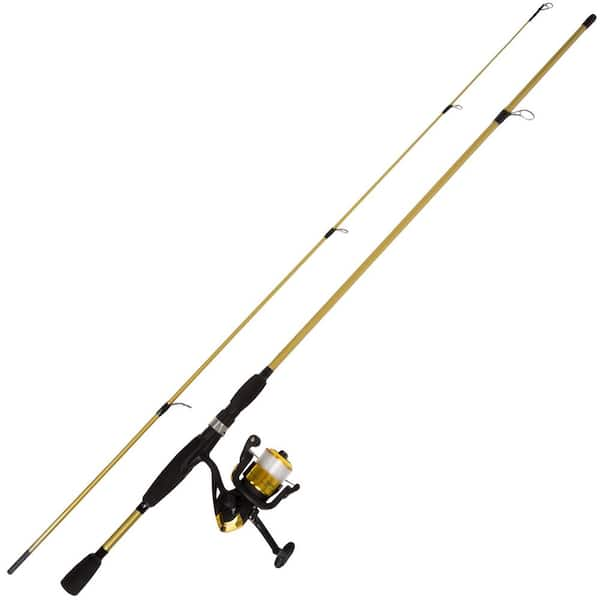
Additional Considerations
Apart from the factors already mentioned, there are other crucial elements to think about when choosing your fishing rod. These include material, budget, and the rod’s weight.
Material Matters
Rods can be made from various materials, such as graphite, fiberglass, or a composite blend. Graphite rods are known for sensitivity and light weight. They excel in responsiveness, allowing you to detect bites easily.
Conversely, fiberglass rods are usually more durable and less sensitive. They are a great choice for beginners who are still learning the ropes. Choosing the right material will enhance your fishing experience.
Budgeting for Your Rod
Lastly, consider your budget when selecting a fishing rod. Prices can vary widely based on brand, materials, and features. It’s advisable to set a budget to avoid overspending. However, don’t skimp on quality; investing in a good rod can pay off in the long run.
Conclusion: Perfecting Your Fishing Rod Selection
In summary, selecting the right fishing rod size is a multifaceted decision. By considering various factors, including length, action, and personal comfort, you can enhance your fishing experience. Whether you’re a novice or an experienced angler, the right rod can make all the difference. So, take your time, do your research, and enjoy your time on the water. The right rod will serve as a reliable companion for all your fishing adventures.
